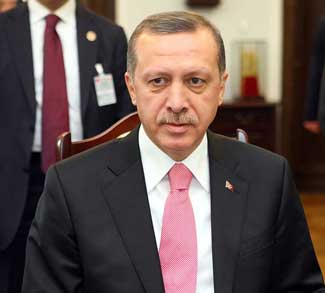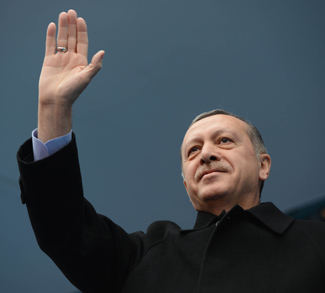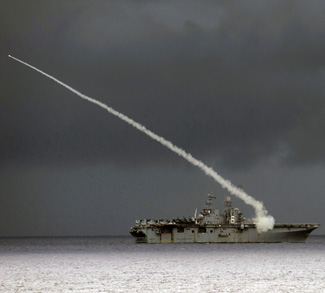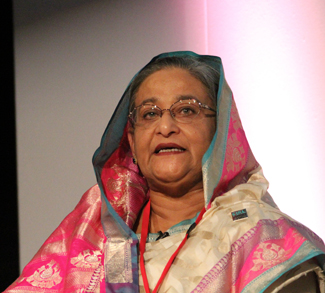Summary
It would appear the experiment is over. After dabbling in a policy of relying on a motley mix of friends and enemies to topple the Assad regime, Ankara seems to have now calculated that Damascus is at no risk of falling and that the status quo is unacceptable to Turkish interests. The result has been Turkish tanks rolling across the Syrian border to make good on an ultimatum for Kurdish forces to retreat east of the Euphrates.
Now Washington’s worst fears are being realized as Turkish tanks are fired on by Syrian Democratic Forces (made up predominantly of Kurdish YPG units) south of the border town of Jarablus, which itself fell quickly to a combination of Free Syrian Army and Turkish units.
Turkey’s entrance into the conflict is a potential game-changer in terms of the Syrian civil war, Turkey’s internal security, and Turkey’s relationship with the United States.
Impact
A win for Islamic State. First and foremost, Turkey’s fight with the SDF is a win for Islamic State at a time when the terrorist group is otherwise reeling from manpower shortages, losses of territory, and most recently the death of its top strategist Abu Muhammad al-Adnani. Just how much of a win will be determined by the extent of the fighting between the SDF and the Turkish-FSA forces. If the offensive devolves into an all-out fight between Kurdish militias and the Turkish military – aided no doubt by PKK units based on the Turkish side of the border – then Islamic State will benefit from the chaos and maintain its grip on ISIS-held territory despite its own worsening strategic outlook. Early indications suggest that this is the way things are going, as Turkish units have pushed south from Jarablus towards the SDF-held town of Manbij, and senior PKK and YPG leaders are calling for back-up along the front.




